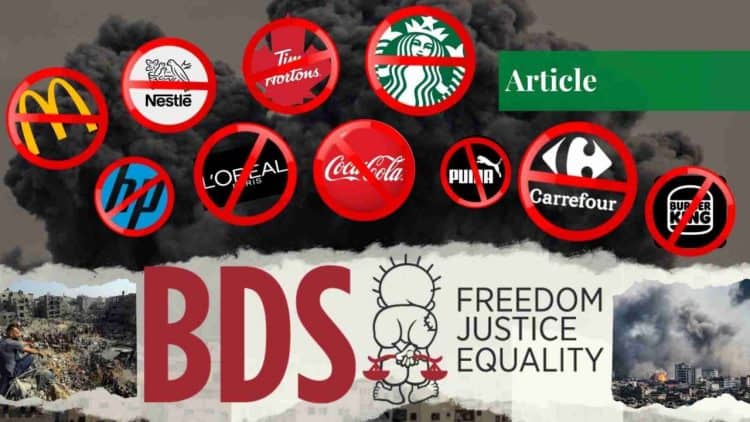Nestlé has reported a decline in sales due to ongoing boycotts linked to the company’s association with Israel. The Swiss food giant, known for brands like KitKat and Nescafé, has been a major target of the Boycott, Divestment, and Sanctions (BDS) movement due to its ownership of Israeli food company Osem.
In a trading update, Nestlé revealed a noticeable slowdown in its internal sales growth, known as the Real Internal Growth (RIG) metric, which tracks the volume of products sold. The company linked this slowdown to consumer hesitancy towards global brands amid geopolitical tensions. Nestlé’s RIG fell from 2.2% in the second quarter to 1.3% in the third quarter, a result that fell short of analyst expectations.
The decrease in growth has been most pronounced in Nestlé’s largest market, North America, where sales dropped by 2.6% in the first nine months of 2024. Globally, Nestlé saw a 2.5% year-over-year decline in reported sales, even as prices increased by 1.6% during the same period.
The company’s CEO, Laurent Freixe, also announced plans to streamline the company’s leadership structure in an effort to make decision-making faster and more efficient.
Osem, one of Israel’s largest food companies, has been a part of Nestlé since 2016 when the Swiss conglomerate purchased 100% of its shares in a deal worth 3.3 billion shekels ($876 million). Nestlé has faced consumer boycotts before, most notably in the 1970s over its marketing of baby formula in developing countries.
Nestlé expects its full-year operating profit margin for 2024 to be around 17%, slightly below the 17.3% it achieved in 2023.
You may also like: Trump praised Hitler, claims former chief of staff







